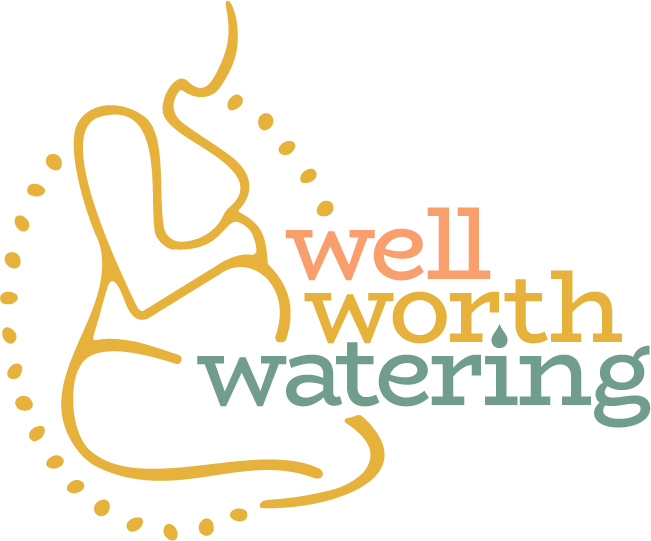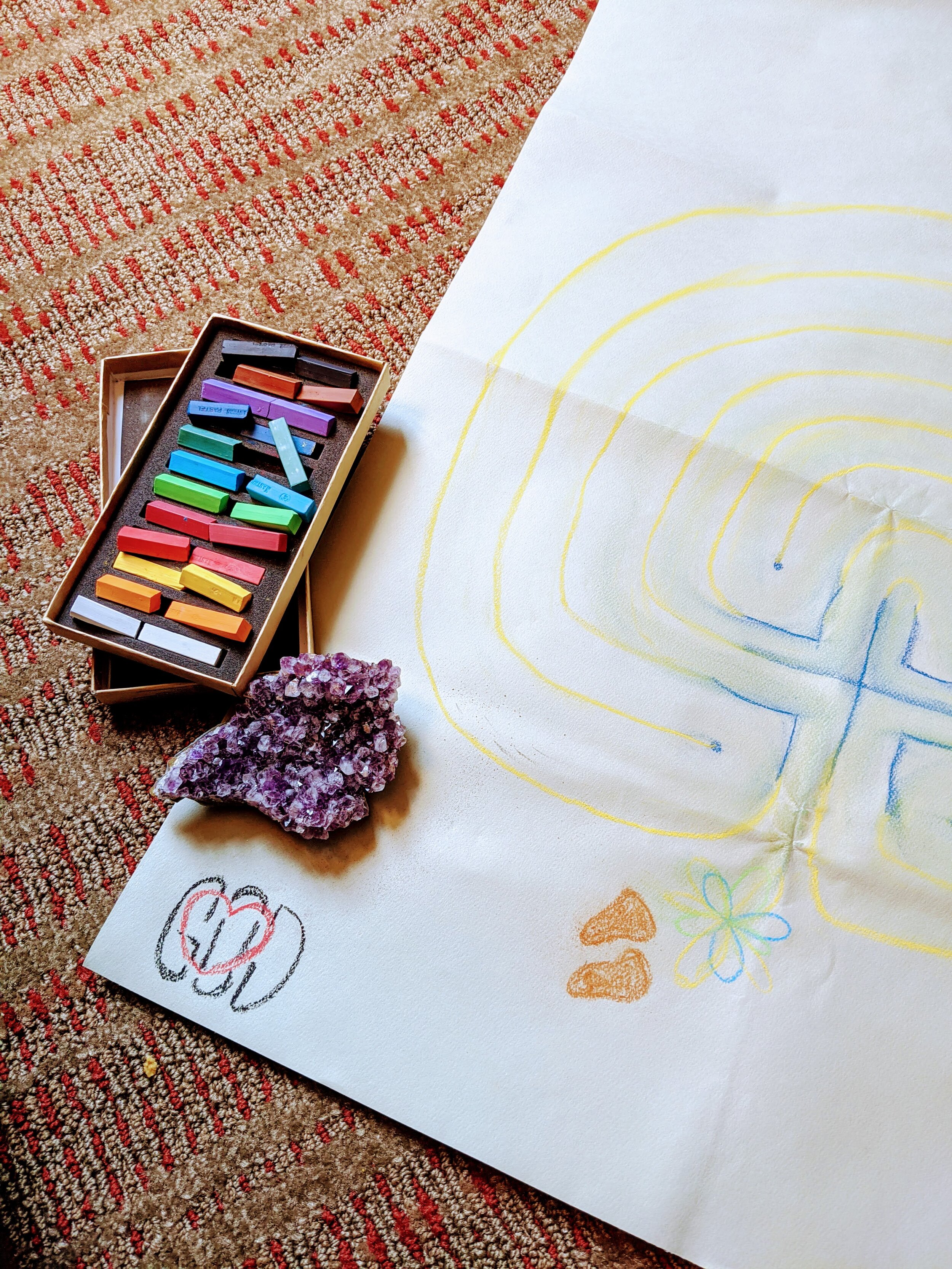Birth Trauma and the Black Birth Narrative
When I look at a new black mother, I see a beautiful beginning.
I see exhaustion replaced with the joy of knowing what was just accomplished.
I see doulas holding space for the deep energy that is channeled during birth.
I see midwives filled with optimism, women who’ve made it their life’s work to serve others during one of the most transformative moments of their life.
I see dedicated physicians that choose listening over apathy.
I see a black mother who wasn’t terrified of her outcome well before she saw her first two pink lines.
I don’t see trauma first. But so many of us do.
If we let the headlines about our birth stats tell it, black birth and trauma go hand in hand. And the accompanying fear among black women in the peak of their reproductive years is thick. It is real.
Birth trauma robs black women of the beautiful and transformative experiences we deserve. And the fear of birth surrounding these traumatic stories affects the choices that an expectant mother will make, tainting her birth mindset and her belief in her beautiful beginning.
But should all of the fear and despair take the place of our belief in safe, beautiful and divine birthing experiences?
How do we protect our narrative and stop it from becoming the medical systems’ tool for fear mongering?
And how do we do this while honoring those who have been harmed?
These are not simple questions. But we can all play a role in the answers:
Supporting the Solutions
I see her empowered and informed and expectant.
There is greatness forming in her belly. I see that.
I see her, comforted because she knows her options.
I see her supportive gynecologist reminding her that she is free to make her own decisions. She is free to choose how she and her greatness will be cared for. Because whether obstetric or midwifery, her care is paramount.
I see her. She is healthy and excited to choose her birthing place.
I see her content, knowing her safety and peace lies in all her options.
In the midst of the ongoing maternal health crisis, black women are being welcomed into motherhood without trauma as part of their story.
My hope is that black women across this country—of all walks of life—will be assured access to the maternal care they need. Continuing to uplift the solutions and the positive stories that exist right now is an essential act.
There are many creatives that are shining a light on our successful birth outcomes. Platforms like Homecoming Podcast, a podcast dedicated to broadcasting black home birth stories has a mission to show the world “how we birth in love.”
Legislators are finally paying attention. More than 80 bills have been introduced to address the disparity in black maternal and infant mortality rates. And we’ll continue to hold both politicians and presidential candidates accountable when they speak out against our outcomes ahead of the upcoming election.
Black women-led organizations like the Black Mamas Matter Alliance have dedicated their lives to centering, “black mamas to advocate, drive research, build power, and shift culture for Black maternal health, rights, and justice.”
As often as we can, let’s talk about the wonderful work being done.
Fellow moms: whether you’ve had a hospital, home or birth center birth, share your stories. Often times those of us who have not experienced traumatic birth stay quiet. We carry a bit of survivor’s guilt.
“What I felt was something different than survivor’s guilt. I saw a black woman who hadn’t suffered enough to share her story.”
The truth is, we need all of our experiences to maintain a balanced narrative. We also need our stories to heal; to know that we are not alone.
Many have heard about Serena Williams’ horrible postpartum experience where the elite athlete literally had to diagnose her own pulmonary embolism after delivering her daughter Alexis—she calls her Olympia—via cesarean birth. She was encouraged by the outpouring from black mothers who experienced similar neglect during and after pregnancy.
“I encourage you to continue to tell those stories. This helps. We can help others. Our voices are our power.”
— Serena Williams
Healing the Harm
“The first thing that happens when we experience trauma is we lose our voice. The portion of our brain that shuts down [due to trauma] controls our ability to transfer experience into words. That's why it's so hard to articulate hard experiences and why re-traumatization often occurs.”
— Rashena Johnson,
mother and CEO of Ebony Mommy Circle
A trauma-free birthing future will take work. Deep work that looks at more than just data or poverty or bias as the root cause. It will take a serious assessment of a racially-biased society that cultivates these conditions.
And while that work continues, while we push forward to protect our narrative, we must also hold space for healing. For every story we read about a black mother who was harmed, I think about her healing.
In the Philadelphia Inquirer article, Silenced by Fear, writer Aneri Pattani highlights the fact that “women of color are less likely to get treatment for postpartum depression because they fear they’ll be judged too quickly or harshly by child welfare services.”
Those who have been harmed need to first recognize the harm, which can be difficult enough. But finding safe spaces to express their pain can be challenging.
Mother Rashena Johnson created Ebony Mommy Circle which holds space for black women to heal from birth trauma caused by the medical system. She shares the following advice in one of her posts:
“One of the first steps to arriving at our new normal selves in wellness is decoding our experiences and being able to articulate the part of our births that may have been dehumanizing.
Being in a westernized society that values systems over humanity makes birthing while black a traumatic experience for the mass majority…causing people to back away from birthing all together. One of the ways to be able to heal part of our psyche from suffering is allowing a postpartum doula that specializes in traumatic births give care to you.
While doula can help decrease the occurrence of birthing trauma it is imperative to have doulas that specialize in providing care to families who have experienced traumatic birthing. It's also important for those around us to be educated around the different adverse experiences birthing parents have during traumatic childbirth.
To the parents who have experienced #traumaticbirth: I encourage you to write down you birthing story and share it with a woman you trust that will validate your experience.”
Keep sharing the platforms, organizations and stories that move our cause forward. While the headlines have the black maternal health crisis at the top of everyone’s minds, I look forward to the day when the solutions share that same space.






